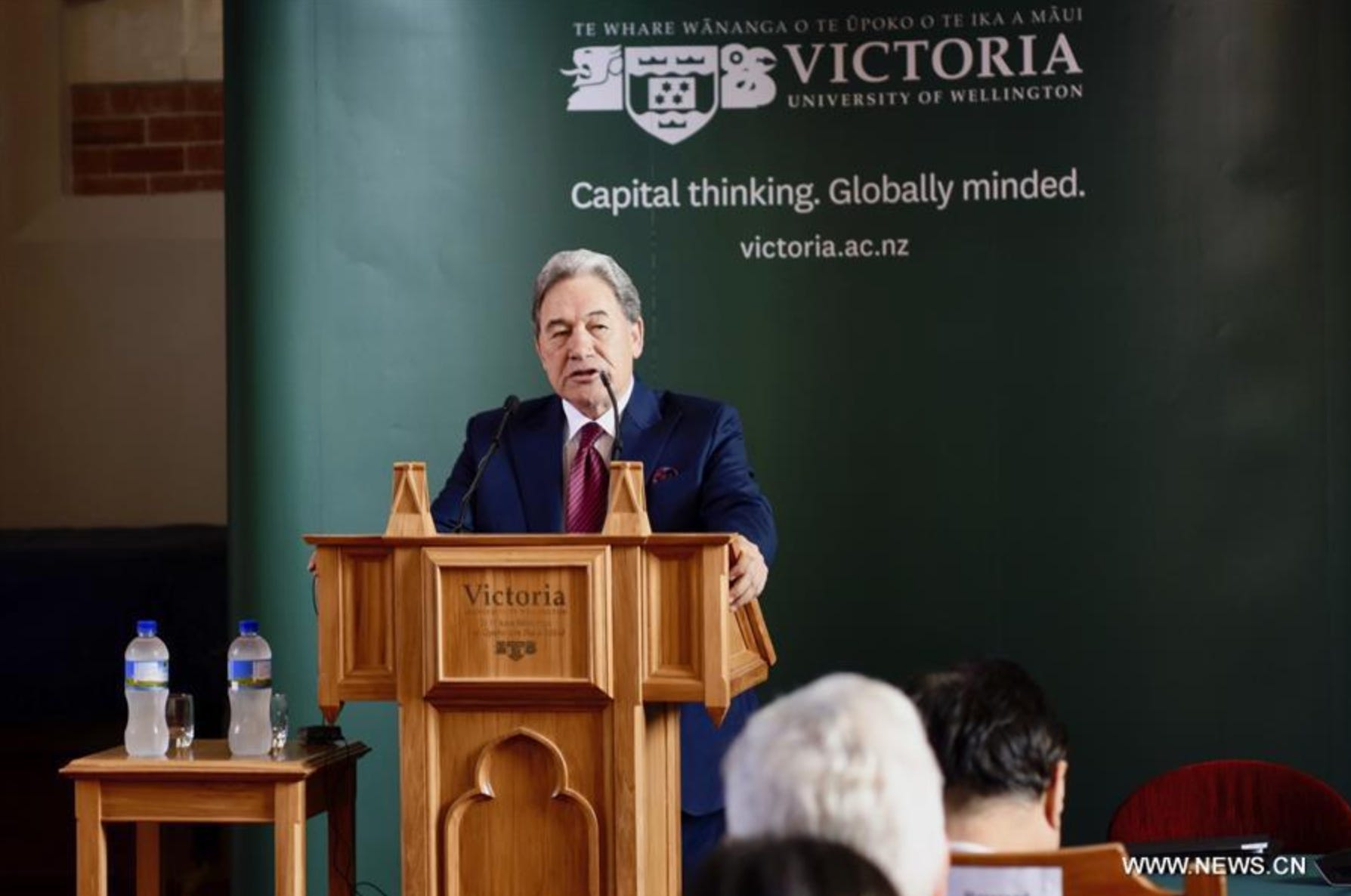Analysis by Graeme Edgeler, courtesy of the Democracy Project (https://democracyproject.nz)

Government-formation negotiations are ongoing between National, Act and New Zealand First. We do not know how long these will take. Neither it seems, do they.
Importantly, there are fundamentally no hard deadlines on government formation negotiations in New Zealand. It will take as long as it takes. I’ll start by saying that some of the hypotheticals I talk about here are ridiculously unlikely. National, Act and New Zealand First will almost certainly either come to an agreement, or realise they cannot, well before we reach the ones I mention at the end. The point I am making is well-established by them however: there really are no hard deadlines. There is no date by which, if negotiations haven’t resolved anything, there must be a fresh election. Unless they’re still going in 2026, of course, when we’ll need an election anyway.
In New Zealand, a decision to hold an early election is one that is made by the Prime Minister. This power – like all other powers the Prime Minister has – is circumscribed by the caretaker convention. If a Prime Minister has the confidence of more MPs than not, they may exercise the power to advise the Governor-General to dissolve Parliament and hold an election.
If a Prime Minister is operating in caretaker mode, that is, is governing without the clear support of a majority of MPs, the power to advise the Governor-General to dissolve Parliament and hold an election can only be exercised – like all the other powers – if more MPs than not support the exercise of the power.
This means that, no matter how longs things take, there will be no advice from the Prime Minister to the Governor-General to hold a new election unless at least one of the parties involved in negotiations to form a government agrees to the holding of a new election.
There are soft deadlines all the time. There are soft legal deadlines. Saturday 11 November 2023 was one. It was the date negotiations had to be resolved if we wanted to avoid the necessity of having Chris Hipkins reappointed as Prime Minister because the writ wasn’t able be returned within 28 days of the election. But that date passed, and Chris Hipkins was appointed Prime Minister again (to operate within the confines of the caretaker convention).
There are soft political deadlines too. There was a date that things would have needed to be resolved by for Christopher Luxon to be able to attend this year’s APEC leaders meeting by. That didn’t happen.
And there will be others. At some point, if negotiations continue, this becomes the longest-ever negotiation to form a government. But that’s only politically relevant. It wouldn’t mean anything, legally.
And there’s also a date that this would have to be resolved by so that Christopher Luxon can be sworn in as Prime Minister before the first opening of Parliament for the swearing-in of MPs. But this isn’t a hard deadline either. MPs can be sworn in before Ministers. The opening of Parliament and the first sitting of the House after the 1996 general election occurred before the swearing-in of Ministers from the National-New Zealand First coalition (albeit, the negotiations had been resolved).
They don’t have to be though. At some point, it possibly becomes politically difficult for National. And if it keeps going, it possibly becomes politically damaging for National. They may decide that the harm to them being caused by negotiating is worse than the harm that would be done to them by being seen by the public as forcing New Zealanders back to the polls. But that’s just politics. If National, Act and New Zealand First are content to continue discussions, and none of them wants a fresh election, the can go on basically indefinitely.
Legal things will crop up. Like the re-swearing in of the old Government Ministers. Like the first sitting of the House. But they will just happen. The House will sit to swear-in MPs and to elect a speaker whether negotiations have concluded or not. But once those formalities are done, the House can just adjourn until next year and the talking can continue. The expectation is that the Governor-General will attend at the state opening of Parliament and give a speech from the throne. That can probably happen, albeit the content of the speech will be subject to agreement under the caretaker principle. There is no need for the House to adopt a reply to the speech before everyone is ready to. It can just meet every so often, and National, Act, and New Zealand First would have the numbers to adjourn. One really big soft legal deadline is imprest supply. At some point in the middle of next year, the permission that Parliament has given the government to spend money runs out. But Parliament exists, and there will be MPs. If they’re committed to making negotiations work, they’d just make sure it happens.
Politically, do I think this is at all likely? No. They’ll agree something at some point, or realise they cannot. There are even halfway houses. If it’s taking ages to resolve, but National, Act and New Zealand First are still committed to resolving it, they could even agree in the interim, Christopher Luxon could be appointed Prime Minister instead of Chris Hipkins, to operate under the caretaker principle. I don’t think that’s likely either.
But anyone who tells you there’s a legal deadline this all has to be done by is mistaken, unless the deadline they’re talking about is 10 November 2026. At that point, Parliament will have expired.
*******
Graeme Edgeler is a Wellington barrister, with a professional interest in constitutional and electoral law.





